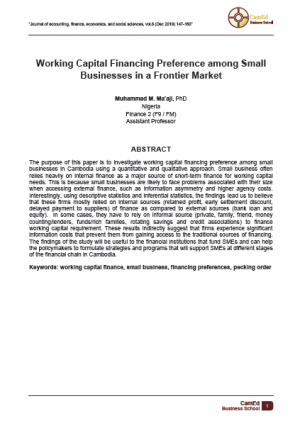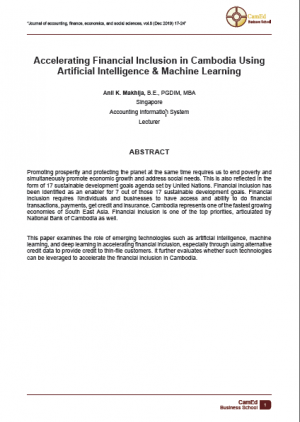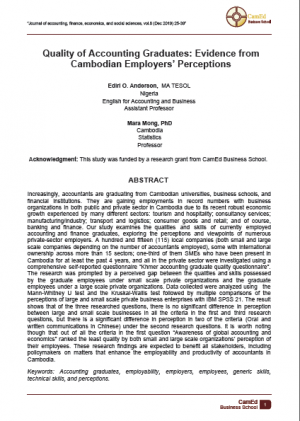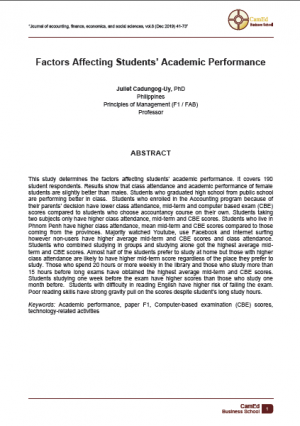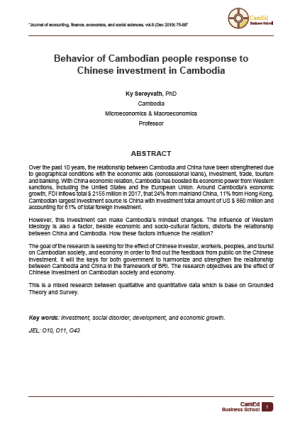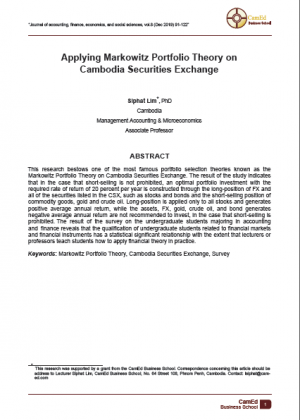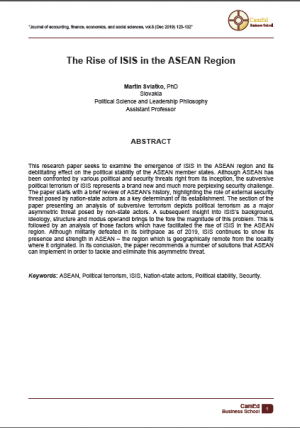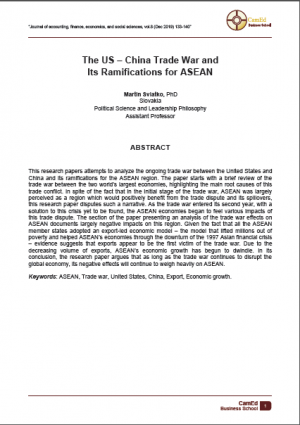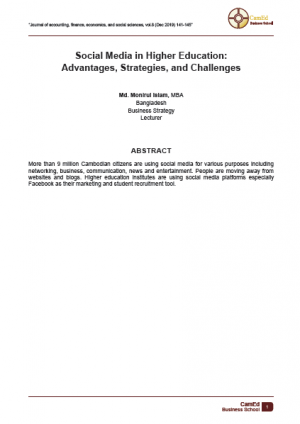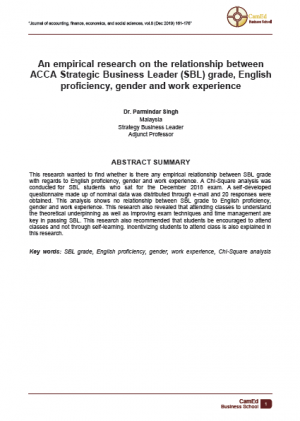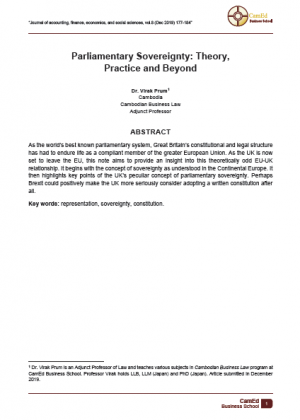Working Capital Financing Preference among Small Businesses in a Frontier Market
For read a book, Please sign into your account.
loginABSTRACT
The purpose of this paper is to investigate working capital financing preference among small businesses in Cambodia using a quantitative and qualitative approach. Small business often relies heavily on internal finance as a major source of short-term finance for working capital needs. This is because small businesses are likely to face problems associated with their size when accessing external finance, such as information asymmetry and higher agency costs. Interestingly, using descriptive statistics and inferential statistics, the findings lead us to believe that these firms mostly relied on internal sources (retained profit, early settlement discount, delayed payment to suppliers) of finance as compared to external sources (bank loan and equity). In some cases, they have to rely on informal source (private, family, friend, money counting/lenders, funds/rich families, rotating savings and credit associations) to finance working capital requirement. These results indirectly suggest that firms experience significant information costs that prevent them from gaining access to the traditional sources of financing. The findings of the study will be useful to the financial institutions that fund SMEs and can help the policymakers to formulate strategies and programs that will support SMEs at different stages of the financial chain in Cambodia.
Keywords: working capital finance, small business, financing preferences, pecking order

